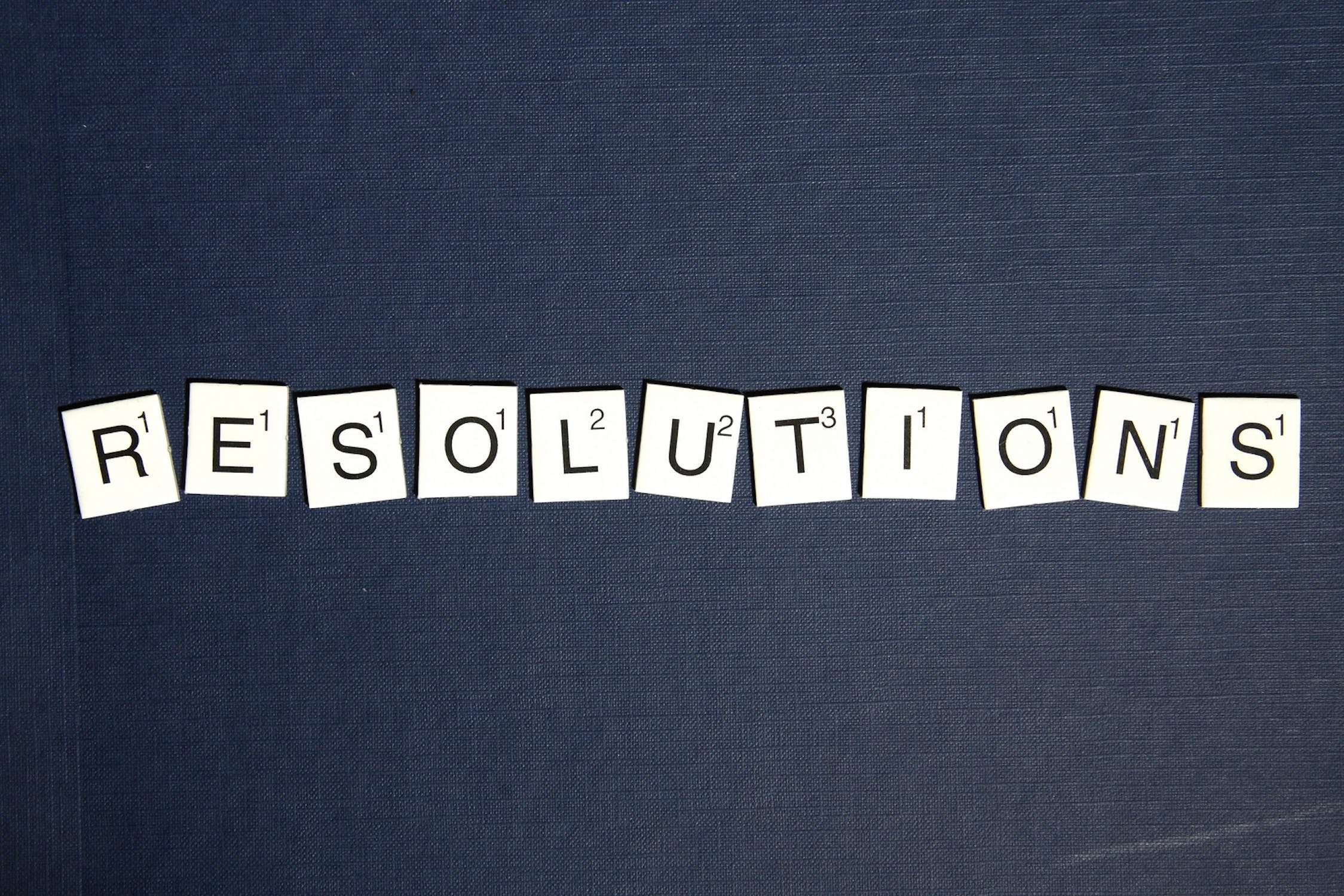Coming Out: The Full Picture
June 7, 2022
Coming Out vs. Outing
Coming out is the process of telling people about your sexual orientation or gender identity. Outing is the process of exposing someone’s sexual orientation or gender identity without their permission. It can have serious repercussions on employment, economic stability, personal safety, and religious or family situations. When someone is coming out, it is their choice to tell other people; they do it willingly. When someone is outed, it is not their choice for others to know or did not give an individual permission to tell others. People come out when they are comfortable with themselves; it is very disheartening to put them in a big and uncomfortable situation like that.
The Coming Out Process
Yes, coming out is a process. It is important to remember that it looks different for everyone. Typically, the first step is coming out to yourself; if you don’t accept yourself, how can you expect the same from others? Learning about your sexual orientation or gender identity will help you find a term or terms that best identify with you. It can include an umbrella term like asexual and/or a specific one that falls under the umbrella term like demisexual. Next, you might want to come out to your friends and family ― sometimes right away, sometimes later. Both options are ok and up to you. Some people prefer to tell everyone all at once; some prefer to move more slowly and tell one person or group of people at a time.
When and to Whom to Come Out to
Every choice and decision in the coming out process is yours to make, including what might be the two most important, when and who you come out. There should not be any pressure for you to tell anyone at a particular time. There is no “It’s been 12 days since I realized this, which means it’s time to tell so-and-so.” If you feel like someone will no longer like you or accept you, you can choose not to come out to them and ask others not to out you. To the people who care about you, coming out might be a bit of a surprise to them.
If safe to do so, tell them how you feel and explain how you got to where you are. Tell people at a time you think is right; make sure to talk things through properly. You can choose to tell them however you want; it doesn’t need to be face-to-face. If you’re upset by their reaction, it’s alright to end the conversation until they’ve taken more time to process the news. Remember that their first reaction isn’t necessarily how they’ll feel forever.
Pros and Cons of Coming Out
There are plenty of pros and cons about coming out that you might want to think about beforehand. Keep in mind that for every con, there are pros; for every person who doesn’t accept you, there are more that do, even if you can’t see them. Also, remember that if it gets so bad that you need mental help, get it. Don’t let it get to that point; self-harm and suicidal thoughts are common with 2SLGBTQ+ youth and a serious concern. We will discuss more about feeling unsafe in the next section.
Some big cons are that you can experience discrimination, homophobia, and rejection; sometimes, it can even be from your closest family members. If you are religious, coming out can cause huge divides within your place of worship and within yourself. Counter pros are that there are no shortages of people who will stand up for and accept you. For certain religions, different places of worship are 2SLGBTQ+ friendly. It sucks losing that sense of community or even your own family simply because of who you are, but you can gain a new community with people who understand and won’t judge you.
Another significant risk when coming out is the loss of financial support or aid from family or parents. Parents might even throw their child out of the house; a landlord might evict you. These are based on your situation and how you think they feel. On the other hand, you might gain a deeper, more genuine connection and understanding with your family. Many resources can help you in terms of financial aid. Some people will help you through tough times and be there for you.
The number of benefits/pros and risks/cons are too numerous to name. Your research into other peoples’ experiences and other risks not named here might be necessary. However, a few more pros include the ability to live your life openly, build up self-confidence, a sense of ‘realness’ and being 100% yourself, and more.
Feeling Unsafe After Coming Out
Unfortunately, it is not uncommon for people’s safety to be compromised after coming out. If you feel unsafe in your current situation, get out of it as soon as possible. If you have been evicted from your home or feel threatened by the people you live with or are around, there are 2SLGBTQ+-specific support services and shelters that you can contact. They will be there for you and do their best to help you however and whenever possible.
It is understandable for someone to feel shocked and even be in disbelief when you come out to them. It is not understandable to want to hurt you, shame you, punish you, or try to change you. If anyone is doing anything that you deem not ok or threatening, talk and try to explain how you feel. If it doesn’t work or you feel unsafe even doing that, refer to and/or contact anyone in the Resources and Support section and other resources not listed.
When Someone Comes Out to You
When someone comes out to you, they might feel scared, vulnerable, nervous, rejected or threatened. Understanding how someone feels leading up to and the moment they come out to you is very important. They might get emotional and visibly nervous or frightened; it’s your job to make them feel accepted, comforting, understanding and loved. Acknowledge their feelings and ensure them it hasn’t changed your view of them. If you don’t think you can do this for someone you care about, you’ll need to re-examine your priorities; do your own beliefs and values mean more to you than this person?
Although they have all these worries, know that there is also a sense of relief and pride in coming out to you; they no longer need to hide who they are from you or worry about how you will react; they can feel proud of themselves for having the confidence to tell you. The coming out process was very likely a long and hard one, ultimately leading to this moment with you. Know what they might feel like, including the positive feelings that are mixed or masked with the negative ones.
Be mindful of your own emotions, prejudice, and normative ideals. You, at the moment, might be feeling shocked, disbelief, uncomfortable, concerned, honoured, angry, and everything in between. It’s ok to feel this way, as long as it doesn’t make the other person feel unsafe, unwanted, or threatened. Talk to this person about how you feel and ask them to explain more about how they came to this conclusion. Remember: it’s still the same person you’ve always known; it’s better to talk through things than to let it bottle up inside. That goes for both parties!
There are things that you shouldn’t say. A few examples mentioned below all have different reasons to keep them to yourself. But generally, it can make them feel unsupported, uncomfortable, and offended. Put yourself in their shoes and ask how you would feel if they were to say them to you:
- “You’re just going through a phase” ― The classic, number one thing not to say.
- “When will you be getting surgery?” ― Honestly, that’s none of your business.
- “You can’t be 2SLGBTQ+, you’re too ___ / you’re not ___ enough.” ― That doesn’t matter. There is nothing saying, ‘You’re not ___ unless these conditions are met.’
- “You’re just confused/depressed.” and/or “You just need to go to therapy/church/ pray and that will fix you.” ― There is nothing to fix and it will not.
- “Do you really want to be 2SLGBTQ+ / When did you choose to be 2SLGBTQ+?”
- “It’s not normal / I always knew you were 2SLGBTQ+.”
- Questions like “Which gender do you like better?” and “How do you know you’re 2SLGBTQ+?”
Resources and Support
As a student at Ontario Tech, you have many resources and allies that can help you come out and feel comfortable and safe during and afterwards.
○ Equity and Inclusivity Advisor: equity@ontariotechu.ca
○ OT Pride Club: otprideclub@gmail.com, social media: @otprideclub
○ Pride Space Discussion Group for students
○ All-gender washrooms on campus
○ Changing name or gender designation for students
If you are at risk of losing financial aid or being evicted or kicked out of your home, you can contact the Student Awards and Financial Aid office for options about financial support and Ontario Tech Residence for options relating to student housing and residence.
2SLGBTQ+ organizations such as the Human Rights Campaign (HRC), The Trevor Project, and Parents and Friends of Lesbians and Gays.
If you are at risk of homelessness contact Stonewall Housing LGBTIQ+ Housing Advice Line 0207 359 5767 Mon-Fri 10 a.m. – 1 p.m. or complete a self-referral form.
You can also contact Shelter for free confidential expert advice via their website, Housing Aid Centers, helpline and email services. Helpline 0808 800 4444.
If someone is being abusive towards you in your home, contact Galop National LGBT+ Domestic Abuse Helpline 0800 999 5428 Mon - Fri 10 a.m. – 5 p.m. If it is out of hours you could contact your local council out of hours service for emergency accommodation.
If you’re in mental distress and need someone to talk to, try the LGBT+ Switchboard Helpline at 0300 330 0630.
Sources
https://case.edu/lgbt/safe-zone/coming-out
https://www.plannedparenthood.org/learn/sexual-orientation/sexual-orientation/whats-coming-out
https://www.stonewall.org.uk/help-advice/coming-out/coming-out-as-an-adult






